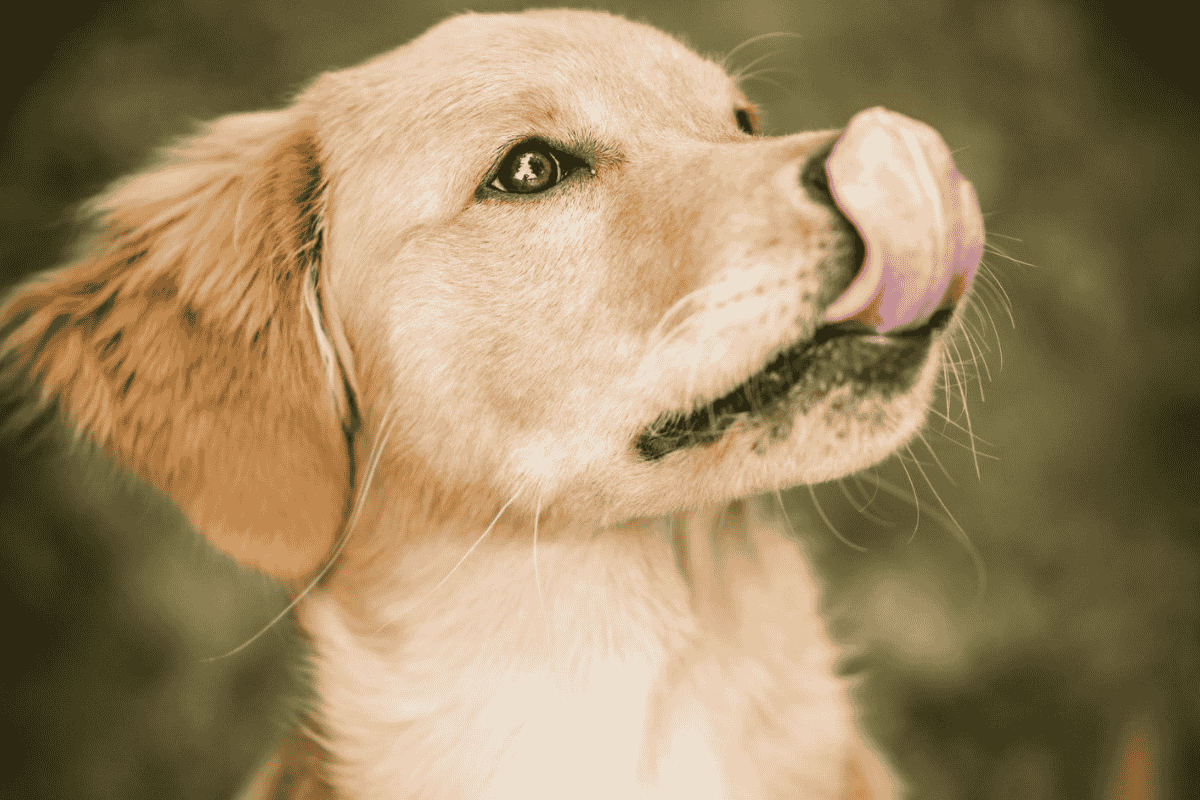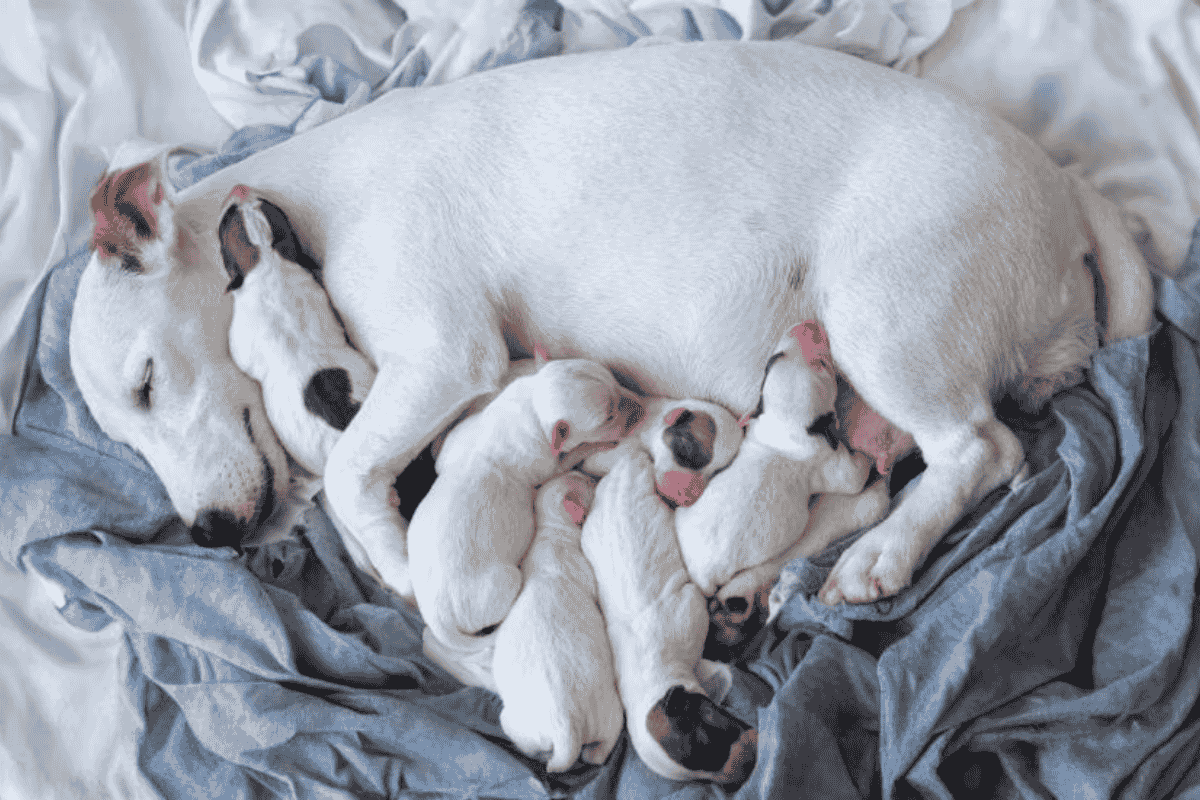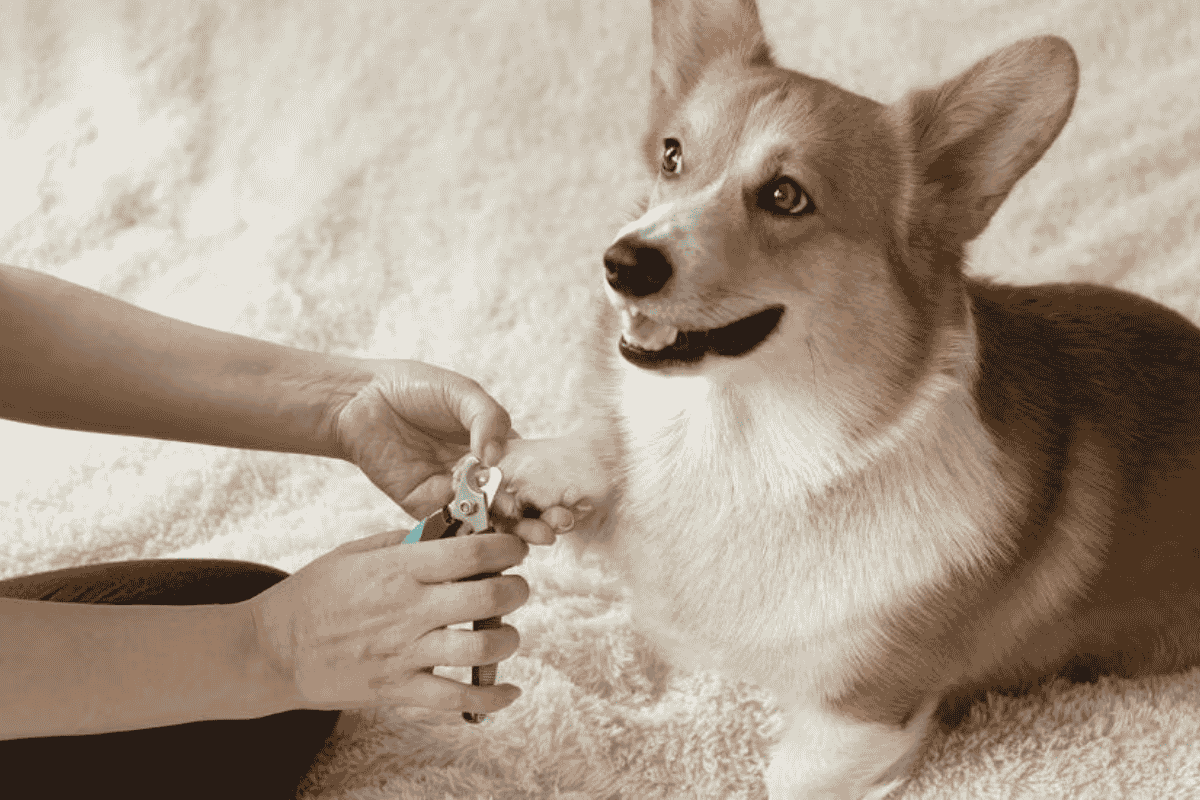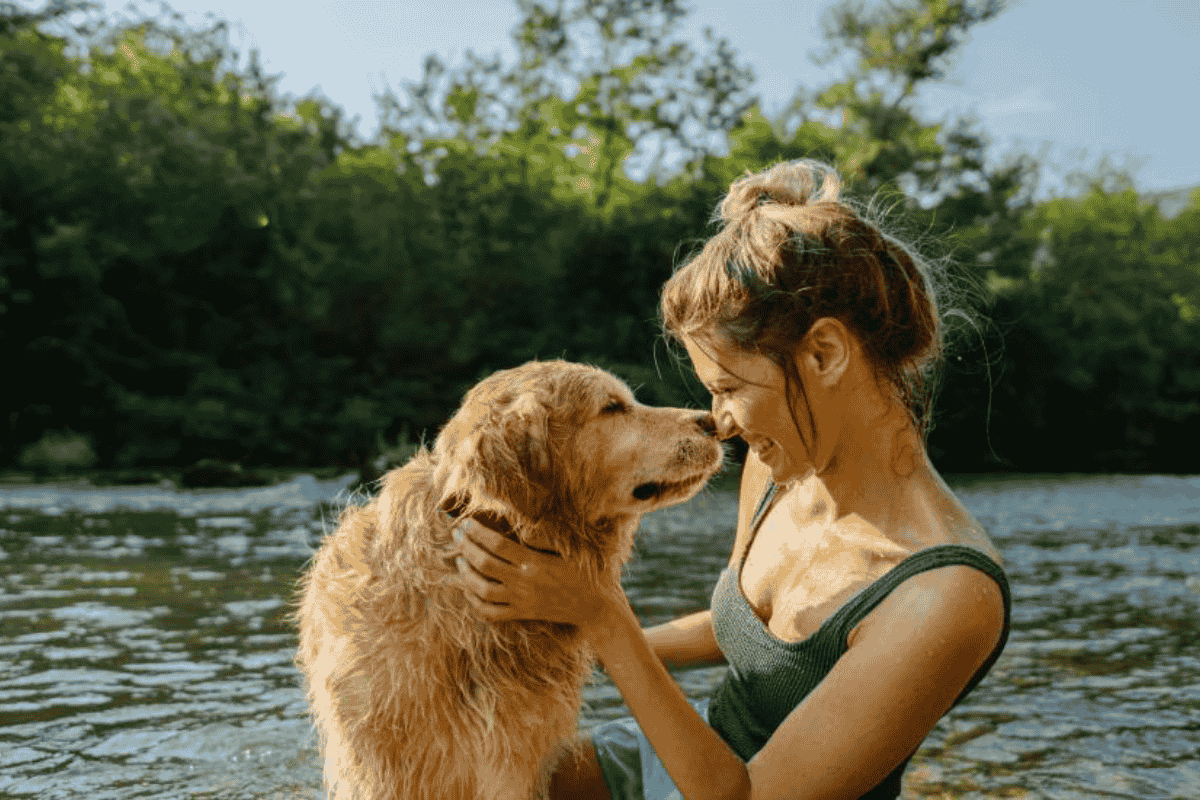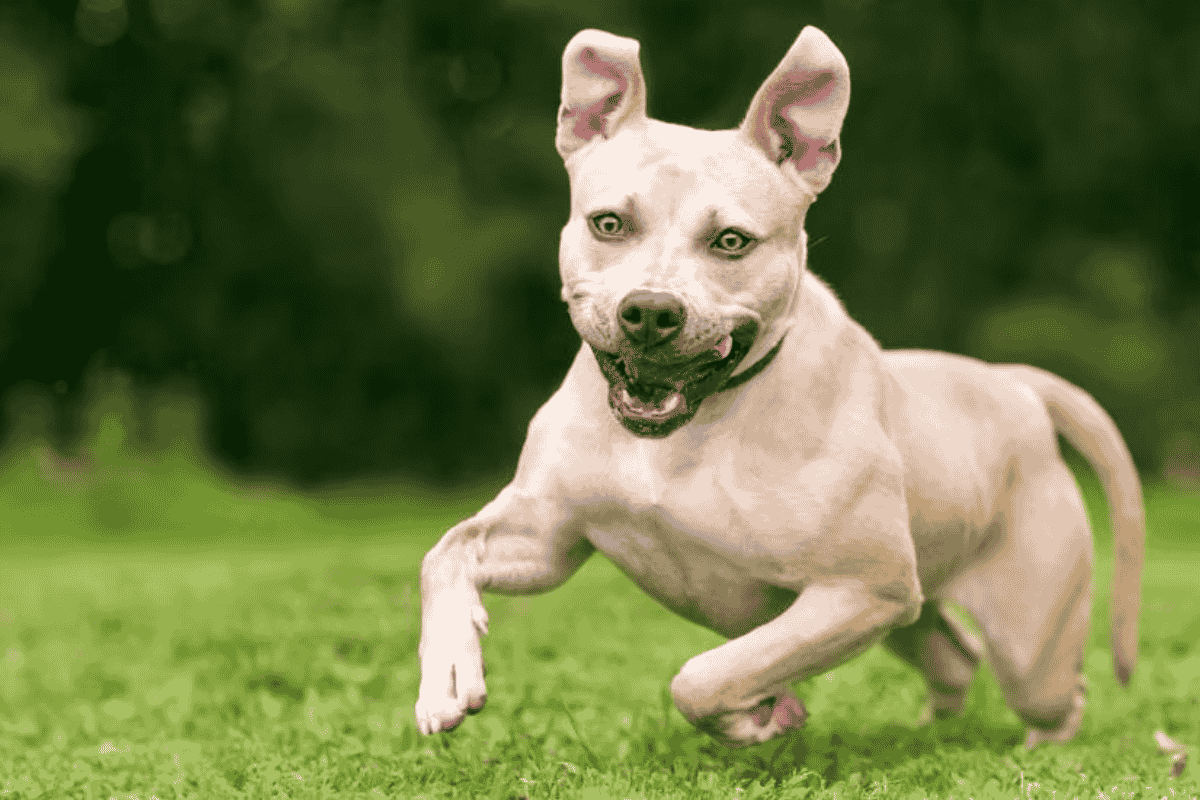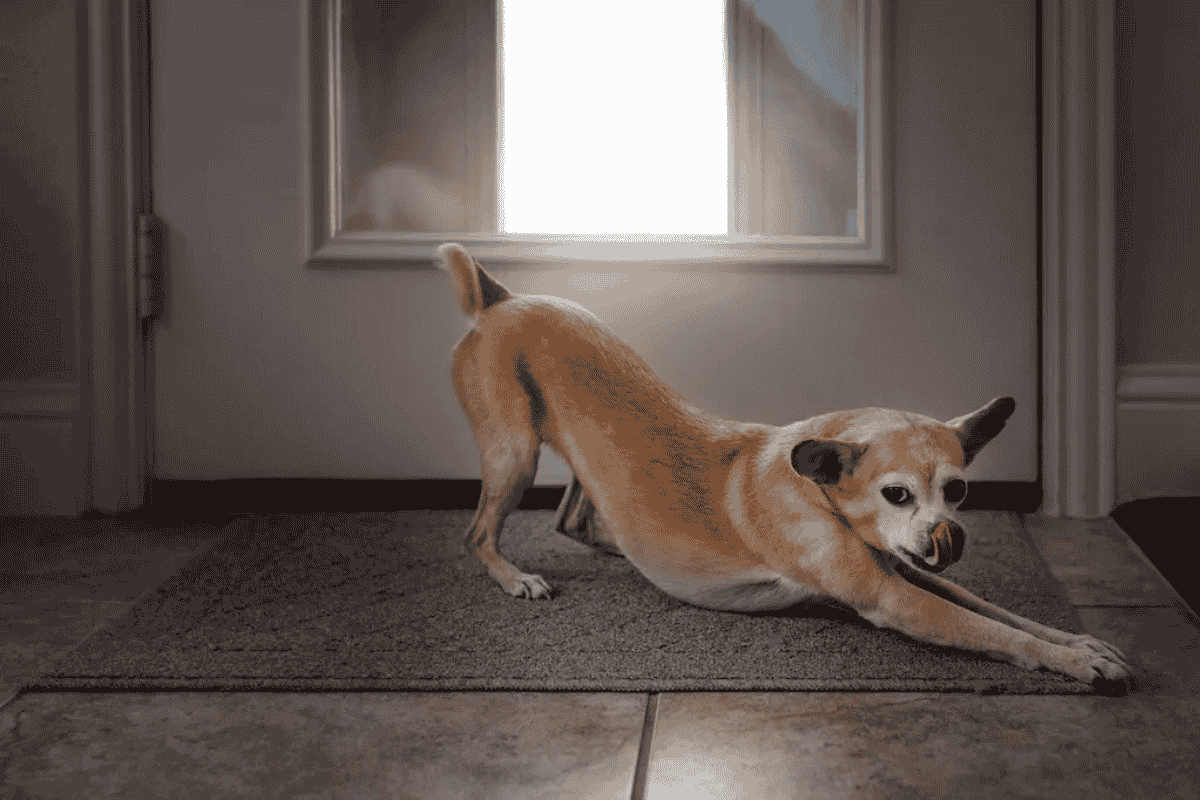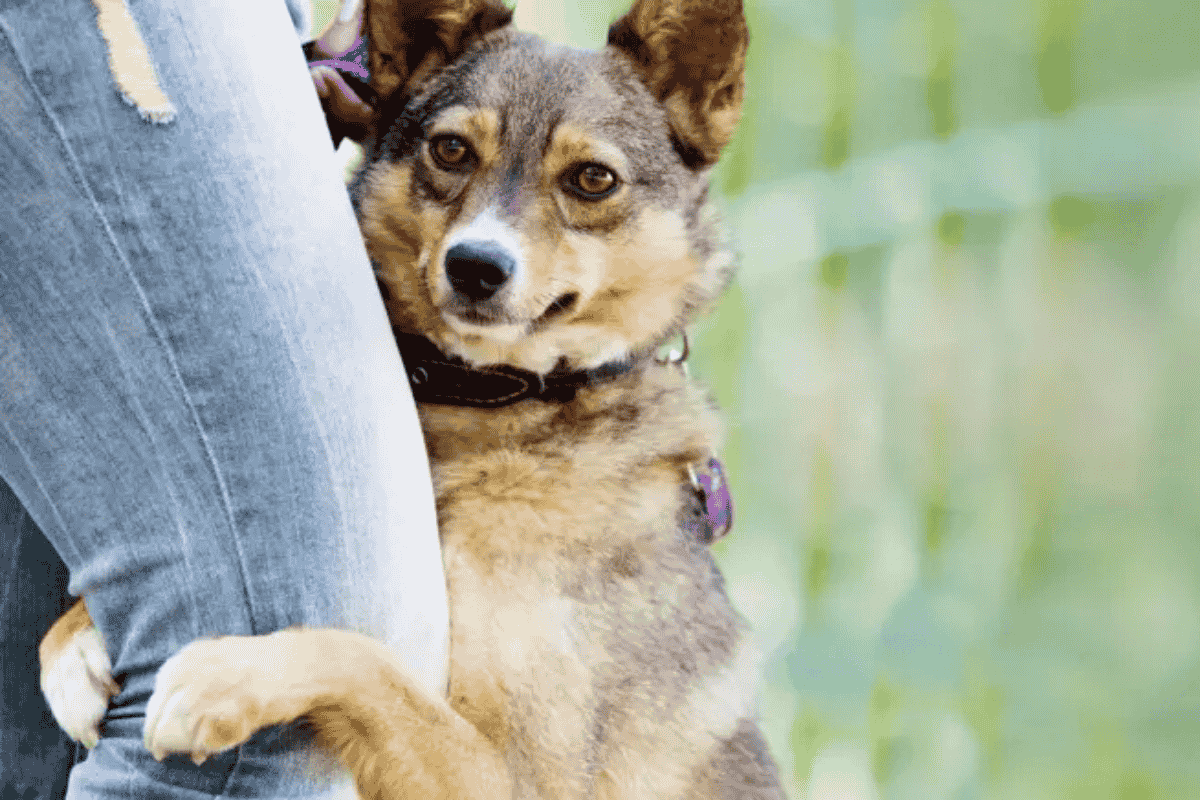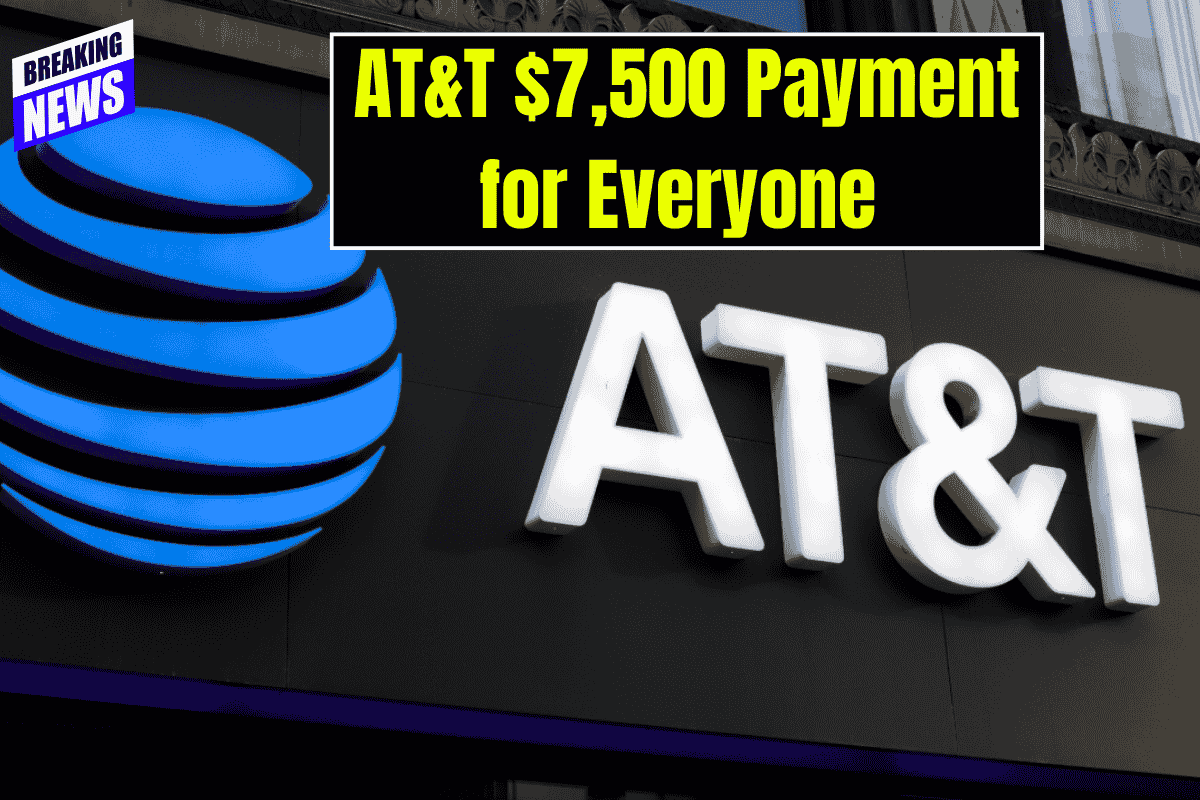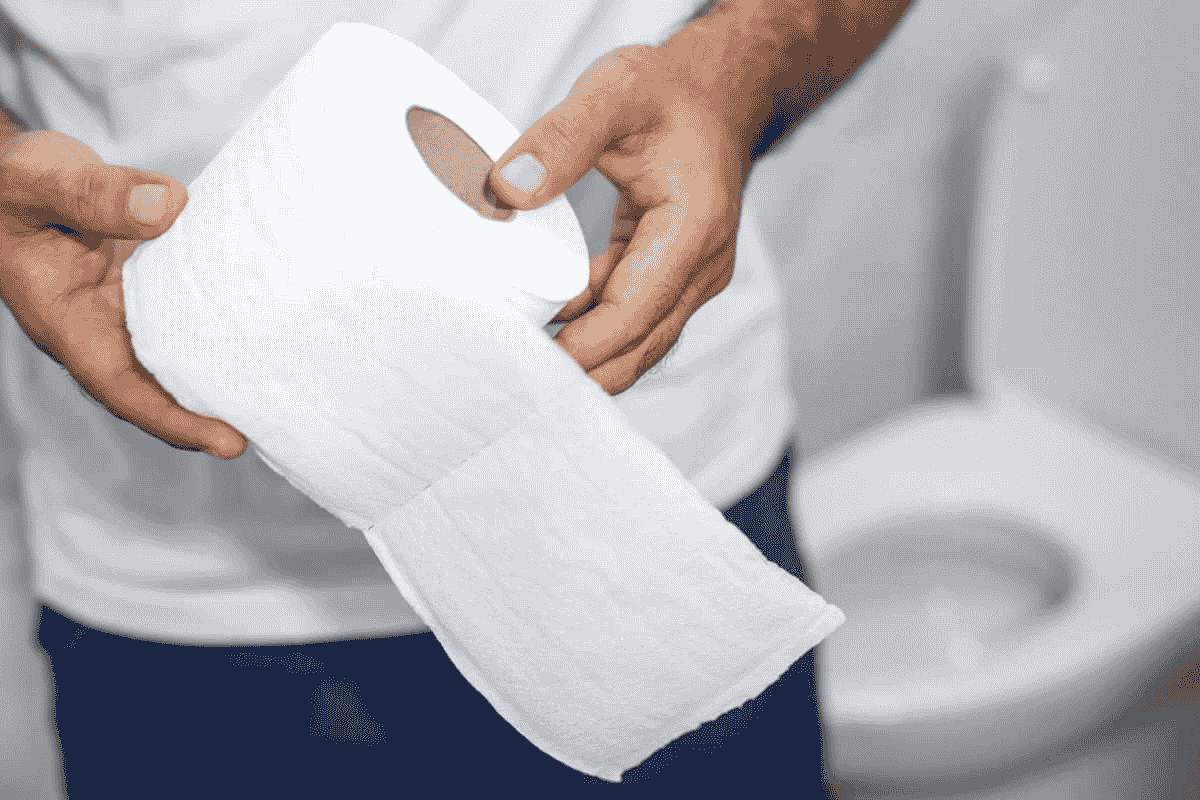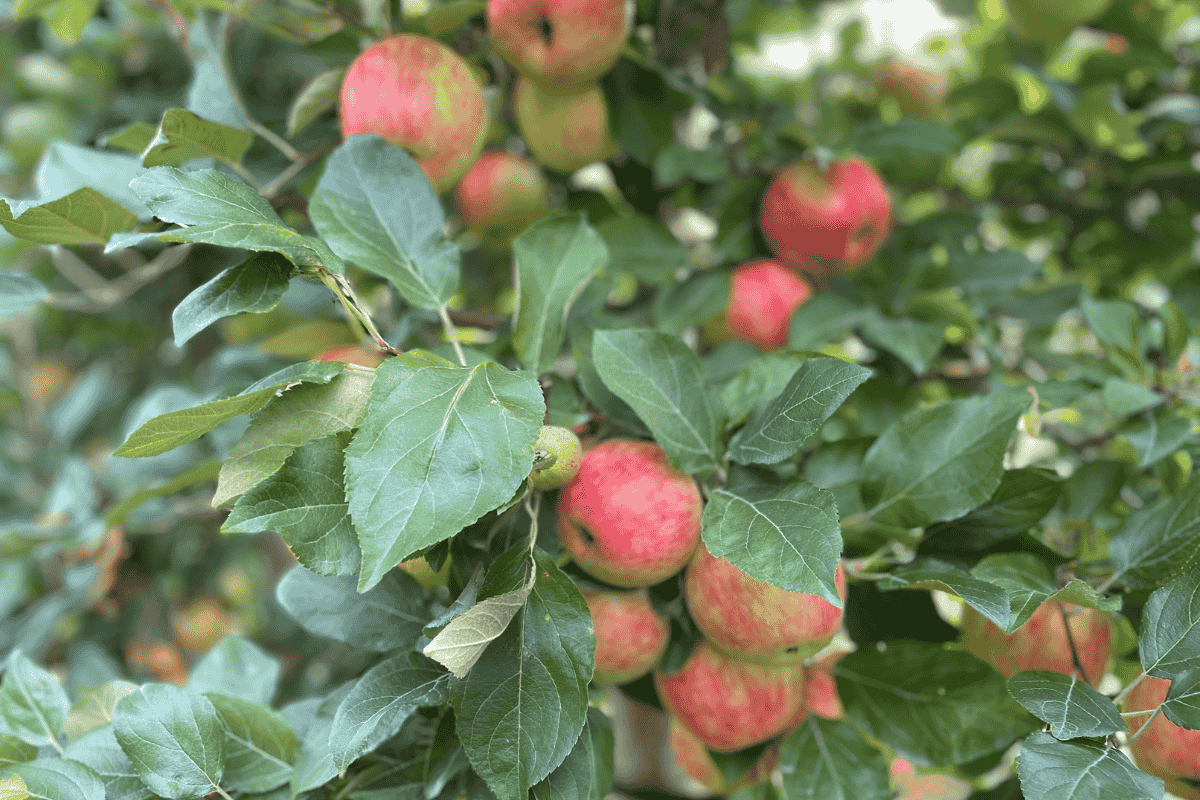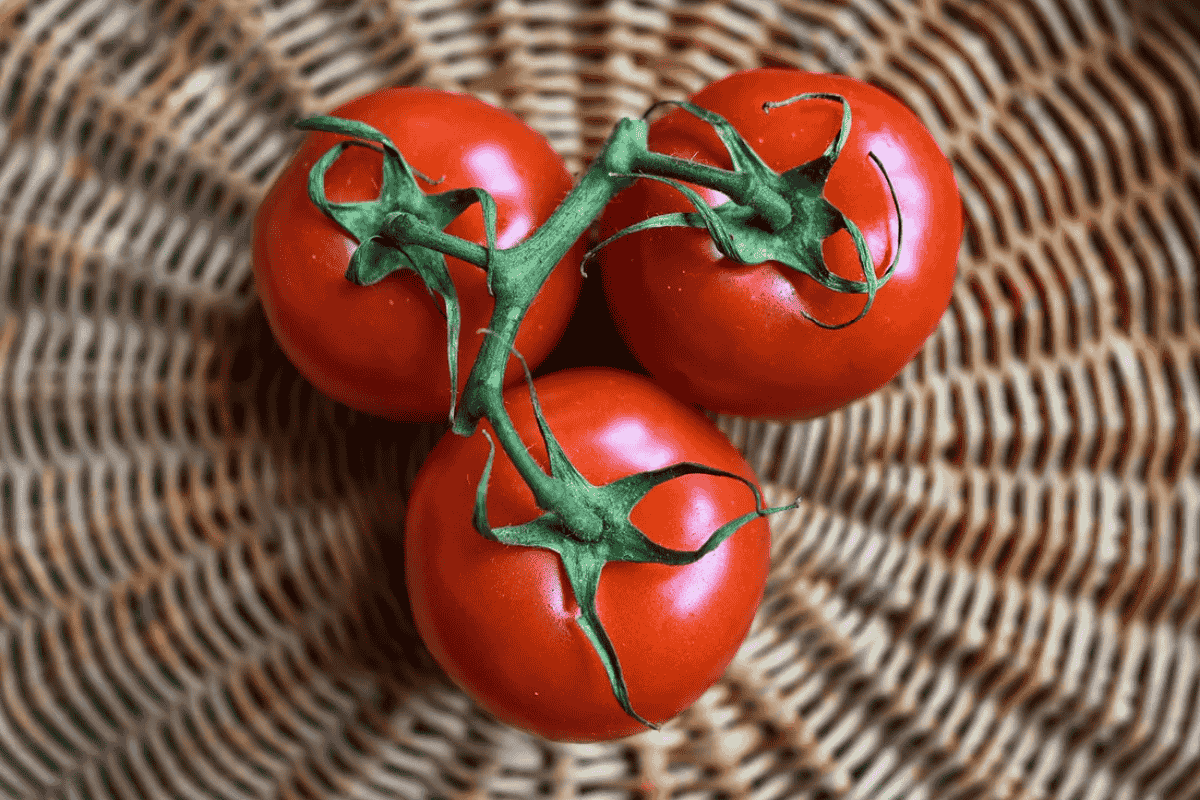Lip licking is a common behavior in dogs, and while it’s often harmless, frequent or excessive lip smacking may point to health or behavioral issues. Understanding the reasons behind this behavior helps pet parents know when to relax and when to take action.
Reasons Your Dog Keeps Licking Their Lips
Health Problems
Excessive lip licking can be a sign of underlying medical issues such as:
- Gastroenteritis
- Pancreatitis
- Seizures
- Kidney or liver disease
- Allergies
- Age-related decline
These conditions are usually accompanied by additional symptoms like nausea, drooling, vomiting, or lethargy.
Nausea
Dogs with upset stomachs may lick their lips as a way to cope with discomfort. Lip licking paired with drooling can signal vomiting is imminent.
Thirst or Dehydration
Playing outdoors or exposure to heat can leave dogs thirsty, prompting lip licking. Dehydration may intensify this behavior, so always ensure fresh water is available.
Dental Issues
The most common cause of lip licking is dental discomfort. Problems include:
- Plaque and tartar buildup
- Loose or infected teeth
- Foreign objects like bone fragments stuck between teeth
Routine dental care, including brushing with dog-safe toothpaste, can help prevent these issues.
Inappropriate Consumption
Dogs often eat things they shouldn’t. Ingesting non-food items can cause gastrointestinal upset, leading to drooling and lip licking.
Stress and Appeasement
Lip licking is also a calming signal. Dogs use it to show discomfort, de-escalate tense situations, or appease their humans when scolded.
Sees or Smells Food
Dogs often lick their lips when anticipating food, whether it’s their own meal or a snack you’re enjoying.
Settling Down
Some dogs lick their lips as a form of self-soothing, especially when winding down to rest. Puppies weaned too early may show this behavior more often.
Should I Be Worried If My Dog Keeps Licking Their Lips?
Context matters. Occasional lip licking is normal, but sudden or excessive behavior could signal a problem. Consider:
- Duration: Is it brief or ongoing?
- Frequency: Does it happen daily or only in specific situations?
- Additional signs: Lethargy, vomiting, lack of appetite, or excessive drooling may indicate health issues.
If you suspect a medical cause—such as dental pain, ingestion of something harmful, or sudden changes—consult a veterinarian promptly.
How To Stop Excessive Lip Licking
Rule Out Medical Causes
First, determine whether the behavior is linked to illness, injury, or dental disease. A vet exam is the safest first step.
Address Stress Triggers
If lip licking is stress-related, provide a safe space, reduce exposure to triggers, or try calming aids such as diffusers or vests.
Manage Environmental Causes
- Move tempting items like trash bins out of reach.
- Offer water during hot weather or long walks.
- Keep treats or food scents controlled if they trigger constant lip licking.
